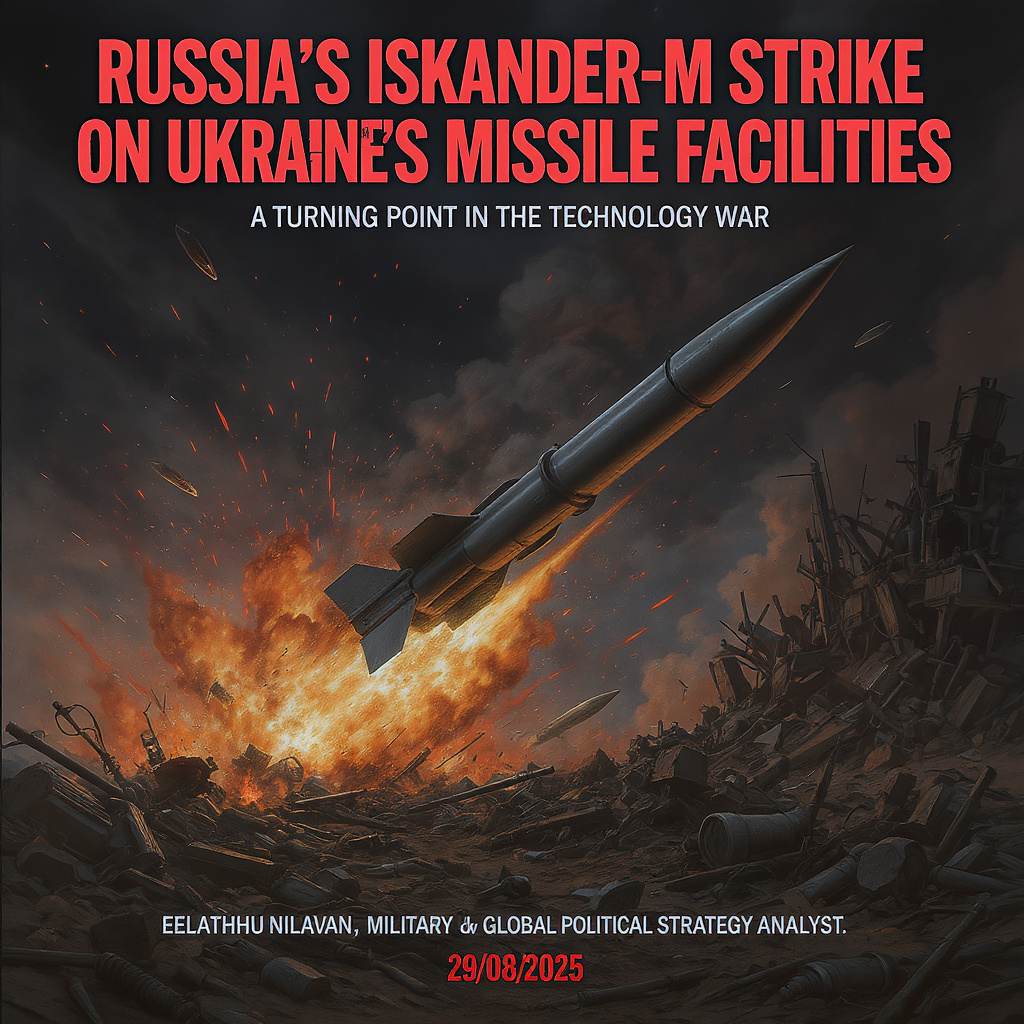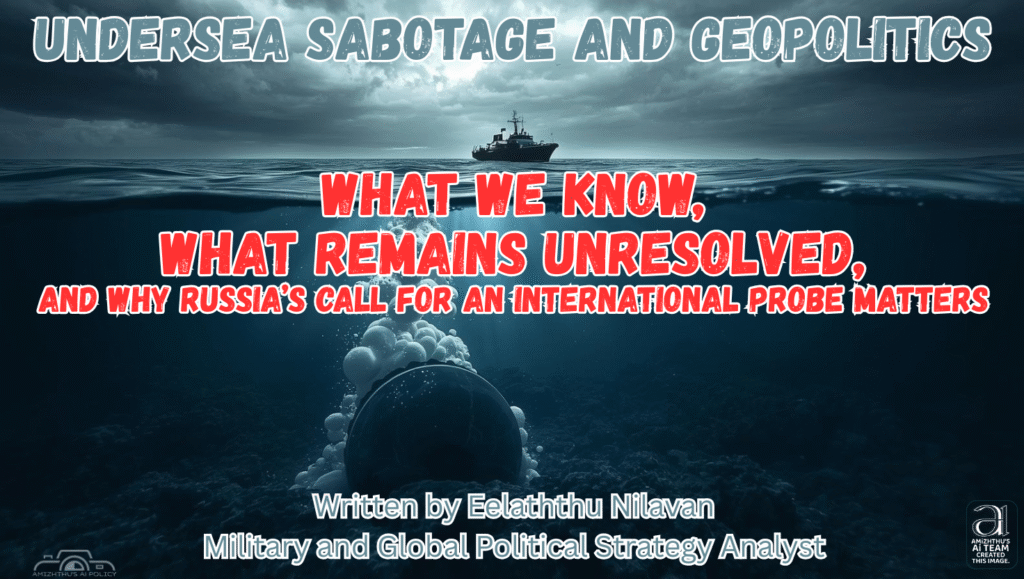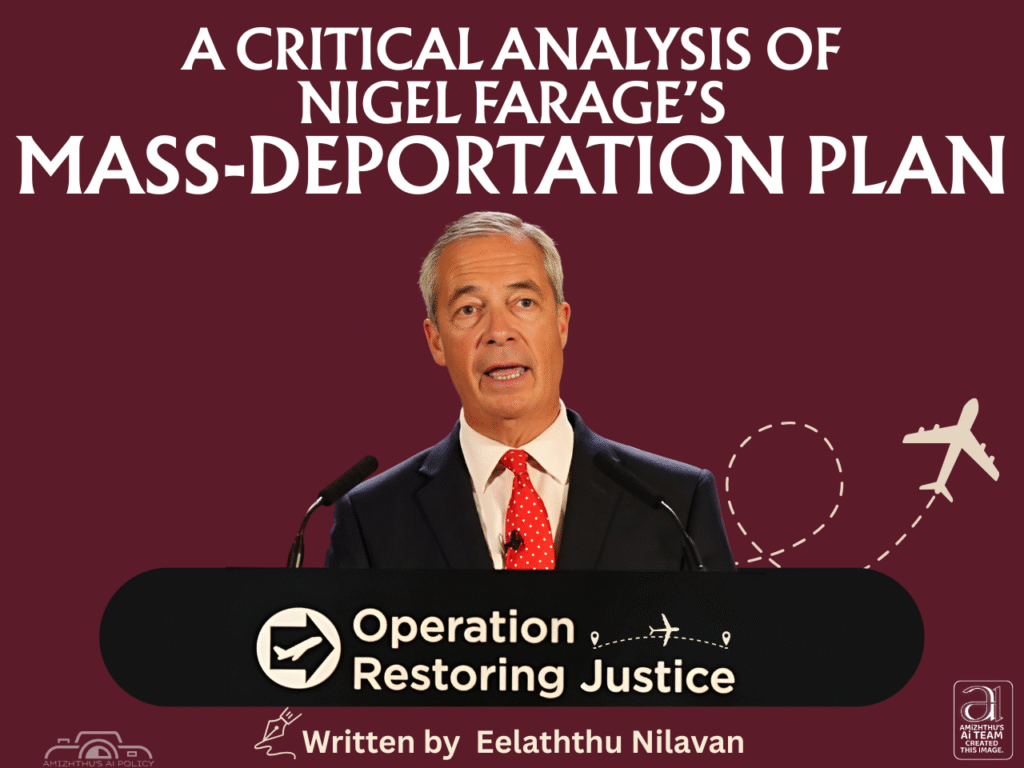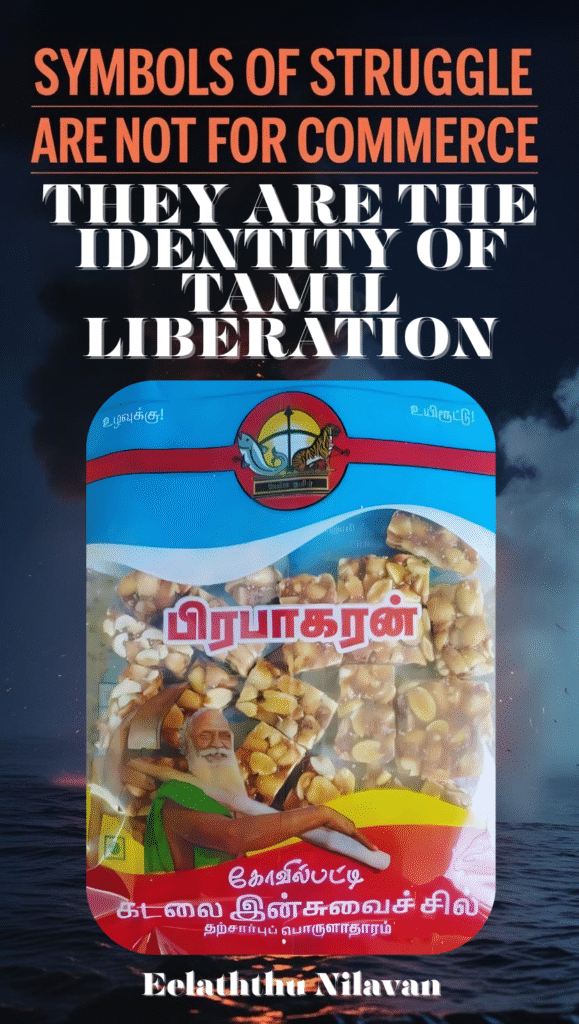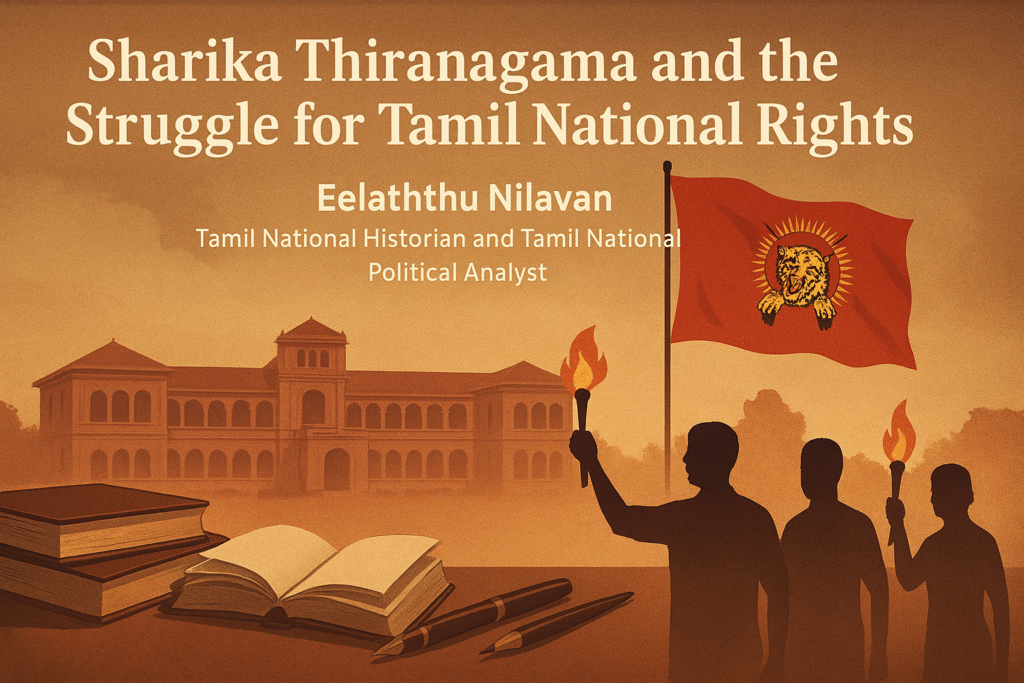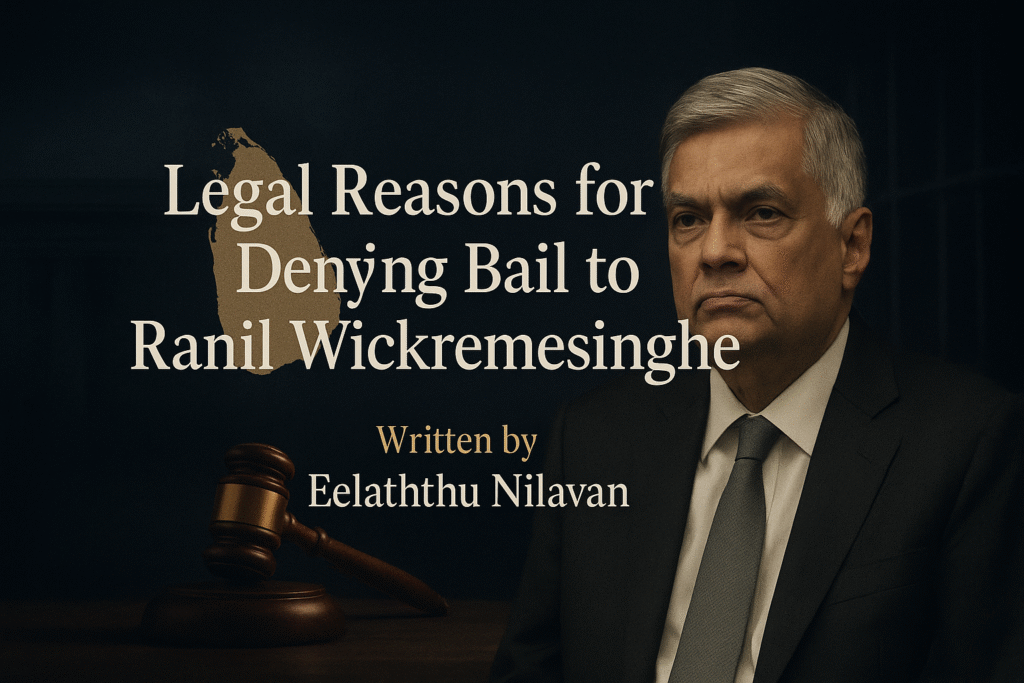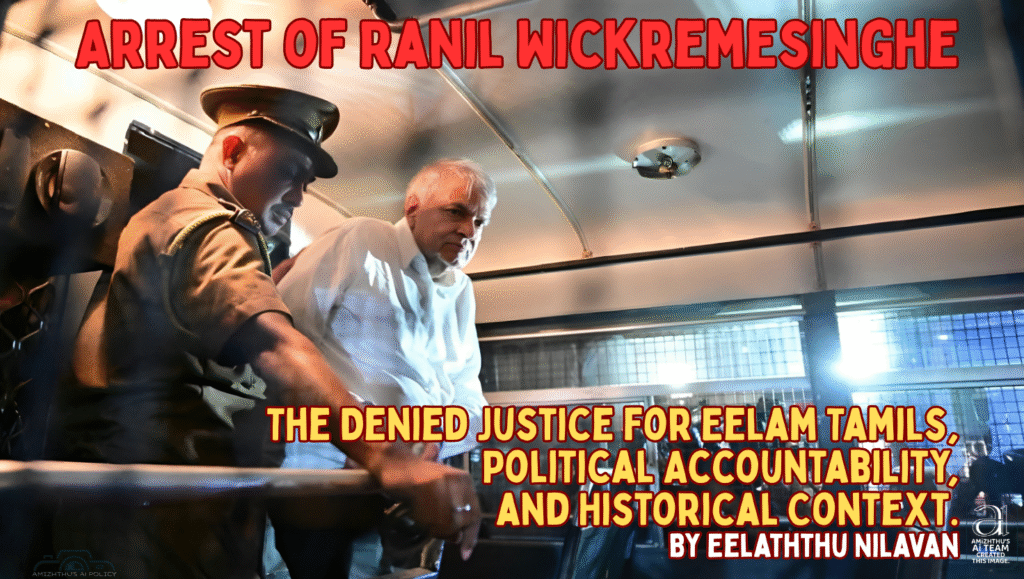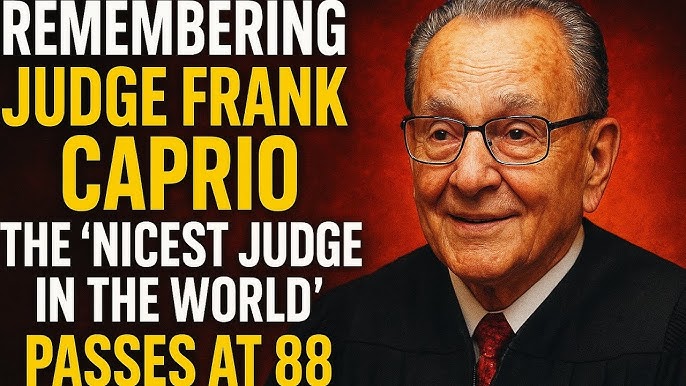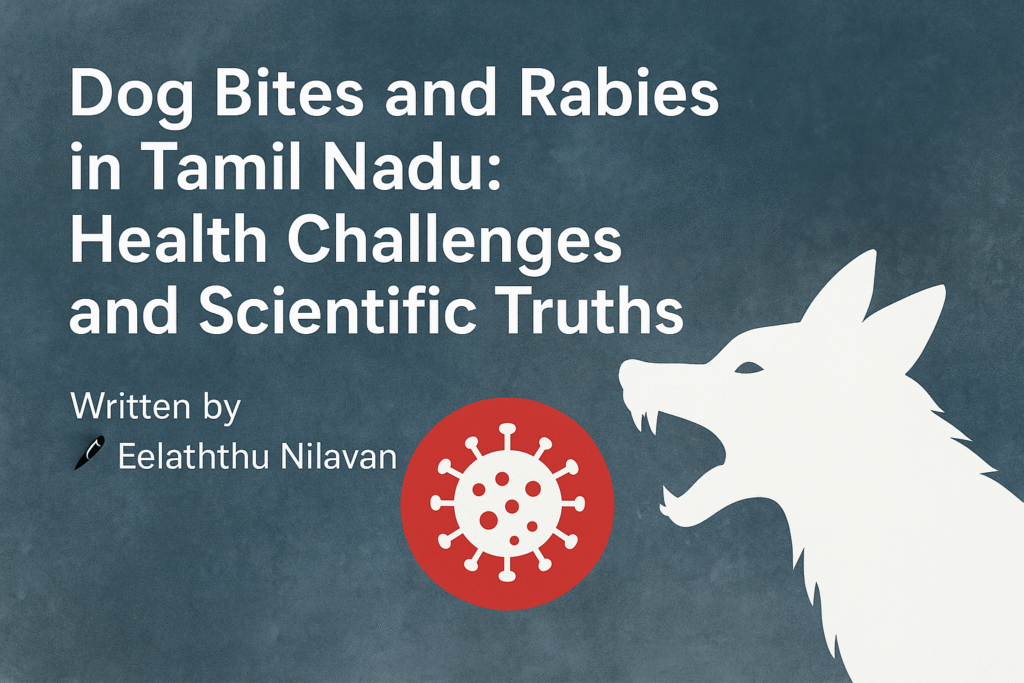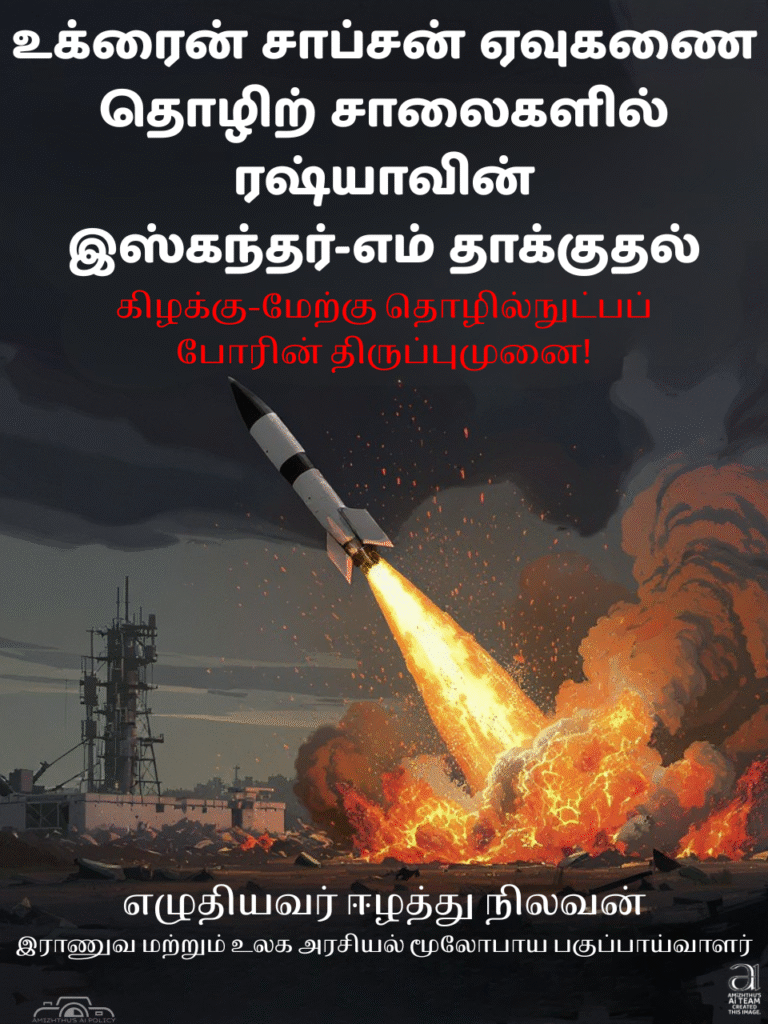The history of Tamil national politics was never built on compromise or coexistence; it was always rooted in three pillars: self-determination, sovereignty, and liberation. These fundamental principles — the very ethos and destiny of the Tamil nation — were often mortgaged by political opportunists, yet the people never abandoned them. Today, history once again reminds us of this truth.
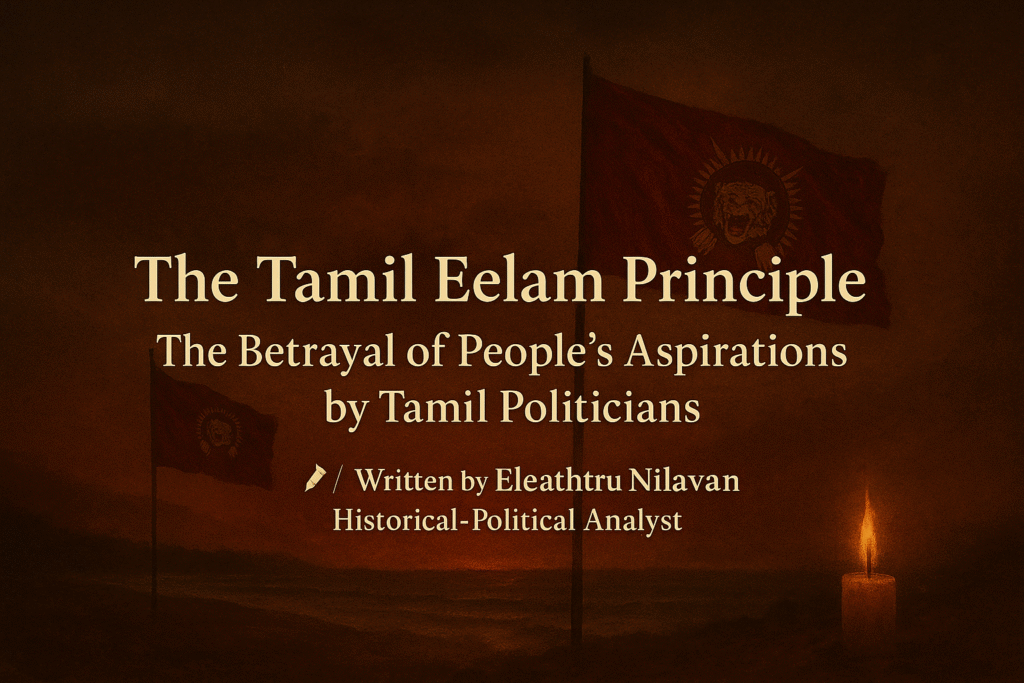
The Vaddukoddai Resolution – The First Voice of the People (1976)
In 1976, the Vaddukoddai Conference marked a turning point in Tamil politics. The call for a separate Tamil Eelam was no longer a slogan; it became a legally and historically declared demand of the Tamil people.
The resolution affirmed:
The Tamil nation is a distinct people.
The Tamil nation holds the right to self-determination.
The Tamil people cannot live in union with the Sri Lankan state.
This decision became the cornerstone of Tamil national politics.
The Thimphu Principles – The Unity of Fighters and People (1985)
In 1985, during the talks in Thimphu, Bhutan, all Tamil armed movements came together and declared the Thimphu Principles:
1. Tamils are a distinct people.
2. The Tamil homeland is a distinct territorial entity.
3. Tamils hold the right to self-determination.
4. These principles are not subject to compromise.
These principles became the foundation of Tamil Eelam politics. Yet, in later years, certain politicians betrayed them.
The Sudumalai Declaration – People’s Will Amid Global Conspiracies (2001)
By 2001, global powers — particularly the United States, India, and Sri Lanka — sought to completely dismantle the Tamil Eelam demand. In response, the Tamil people, through the Sudumalai Declaration, reaffirmed their collective will:
“The demand for Tamil Eelam is alive and will remain alive.”
“No force can suppress it.”
The Mullivaikkal Final Declaration – The Testimony of Supreme Sacrifice (2009)
In May 2009, when global and regional powers united to annihilate the Tamil nation, Tamil fighters at Mullivaikkal sacrificed their lives, leaving behind one eternal testimony:
“Tamil sovereignty is non-negotiable.”
This became the immortal testimony of the Tamil liberation struggle — not merely a battlefield defeat, but the ultimate affirmation of national dignity.
The Betrayal of Politicians – From Amirthalingam to Sumanthiran
Though the Tamil liberation struggle was built upon the blood and sacrifice of the people, certain Tamil politicians consistently mortgaged that foundation:
A. Amirthalingam – By endorsing the 1987 Indo-Lanka Accord, he undermined the foundation of Tamil self-determination.
In the 1990s, the TULF and other political circles aligned with foreign powers against Tamil militant movements.
In the post-2009 era, Sumanthiran and the Ilankai Tamil Arasu Katchi (ITAK) – completely abandoned the Tamil Eelam principle, instead selling a politics of “reconciliation, submission, and surrender.”
These forces are the true betrayers of the people’s will. Yet history proves that the Tamil masses have always rejected the false boycotts and hollow declarations of politicians.
People’s Aspiration Vs Political Failure
After 1983, Tamil politics completely rejected ballot-box politics and embraced liberation politics.
People’s aspiration: Tamil Eelam
Politicians’ commerce: submission
In this contradiction, it was always the people who prevailed. Thus, the defeat of Sumanthiran’s group is not the defeat of the Tamil people, but rather their victory.
The Role of Global Powers
India – Tried to crush the Tamil demand for liberation through the 1987 Indo-Lanka Accord.
United States & European Union – In the 2000s, they labeled the Tamil movement as “terrorism” to suppress it.
China & Pakistan – Provided direct military backing to the Sri Lankan state.
Despite such overwhelming global pressure, the Tamil people remained steadfast in one principle: self-determination.
Conclusion:
The pillars of Tamil politics — the Vaddukoddai Resolution, the Thimphu Principles, the Sudumalai Declaration, and the Mullivaikkal Final Declaration — are not mere political documents. They are covenants sealed with the blood and sacrifice of the Tamil nation.
Though politicians may mortgage them for temporary gain, history makes one truth clear:
Political betrayal is temporary.
People’s aspirations are eternal.
The failure of Sumanthiran’s group is, in fact, the victory of the Tamil people. The demand for Tamil Eelam can never be defeated.

Written by
Eelaththu Nilavan
Historical–Political Analyst
18/08/2025
MORE FROM THE AUTHOR

